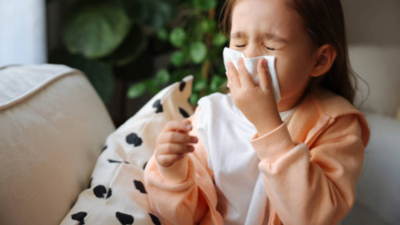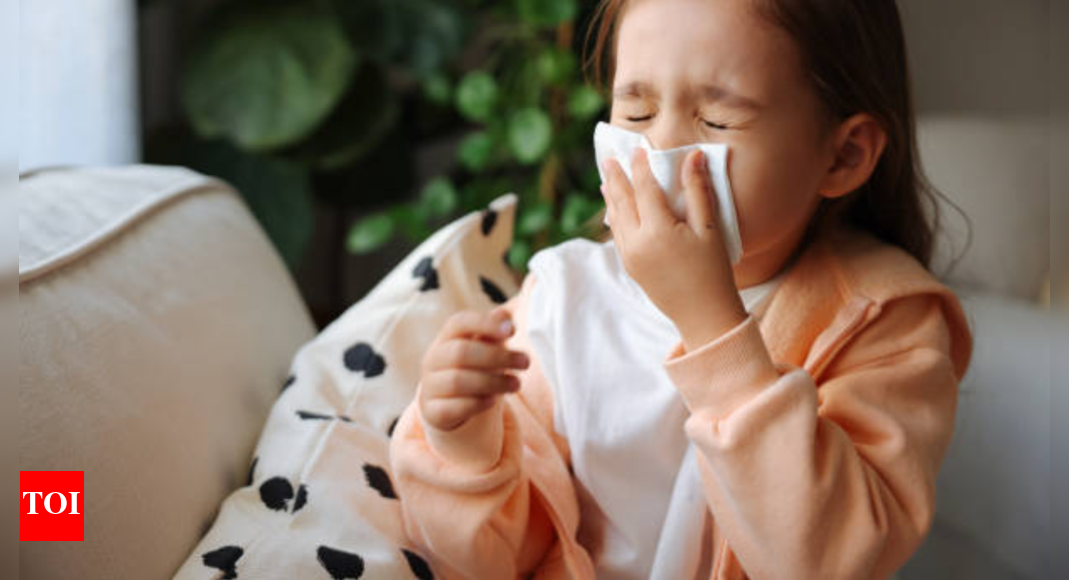
Long COVID in kids is a growing concern
A groundbreaking new study published in The Lancet Infectious Diseases reveals that children in the United States who get COVID-19 a second time face more than double the risk of developing long COVID compared to their first infection. This large-scale research, based on the health records of over 460,000 children and teens across the US, sheds new light on the dangers of COVID reinfections in kids.For American families, this means that long COVID in kids is not just a rare issue, it’s a real risk that grows with each reinfection. With symptoms like fatigue, brain fog, headaches, and breathing problems lasting for weeks or months, long COVID can affect school performance, playtime, and overall quality of life.If you’re a parent searching for trusted information on COVID reinfection in kids, long COVID symptoms, and vaccine protection, here’s what this study means for you.
What did the study look at?
Conducted during the Omicron era (early 2022–late 2023).Data pulled from 40 hospitals across the US.Tracked outcomes after first and second COVID-19 infections in children.Defined long COVID as new or lingering symptoms lasting weeks or months.
Long COVID risk in kids: First vs. second infection
The numbers tell a clear story:First infection: About 904 cases of long COVID per million kids (~1 in 1,000).Second infection: About 1,884 cases per million kids (~2 in 1,000).That’s more than double the risk after a second infection. While these percentages may look small, they add up quickly across millions of American children.Researchers found the increased risk was consistent across all groups: Boys and girls, younger children and teens, kids with and without pre-existing conditions like obesity, vaccinated and unvaccinated children.
What is long COVID in children?
Symptoms can vary but often include:Persistent fatigue.Headaches or migraines.Brain fog and concentration problems.Ongoing cough or breathing issues.Stomach upset.Sleep disturbances.Joint or muscle pain.Some kids recover in weeks, while others deal with these symptoms for months, impacting schoolwork, sports, and family life.
Why this study matters for US families
Reinfection is not harmless—even mild cases add risk.Thousands of American children could face long-term health challenges after each new COVID wave.The study underscores the importance of prevention, awareness, and long-term research.
What can parents do?
Encourage handwashing and good hygiene. Improve ventilation indoors. Use masks during big community outbreaks. Stay up to date on vaccines for protection against severe disease.While you don’t need to panic, being cautious can help reduce your child’s risk.

